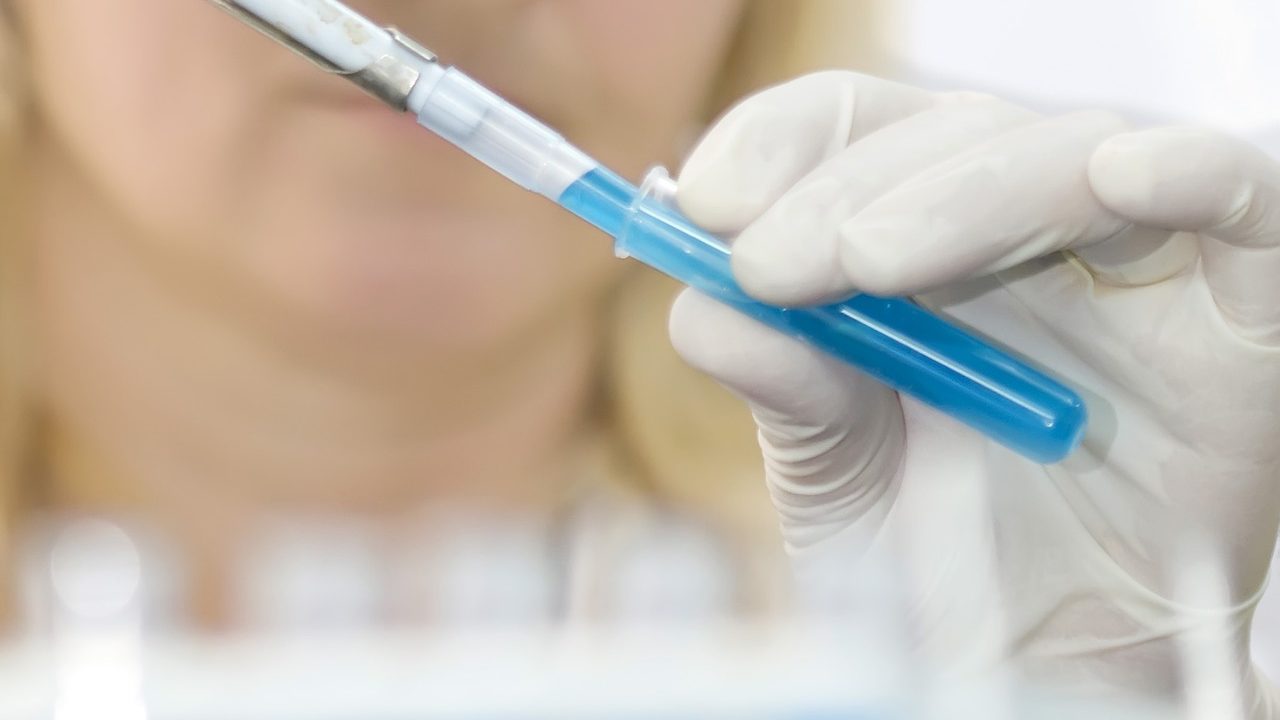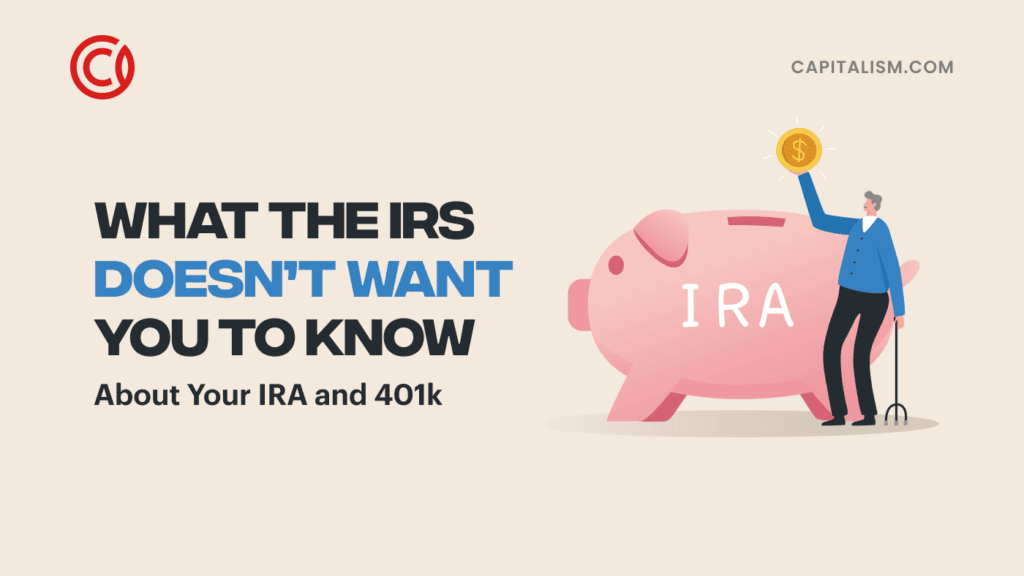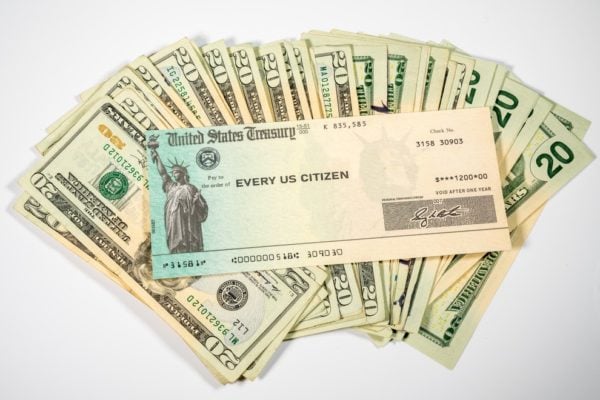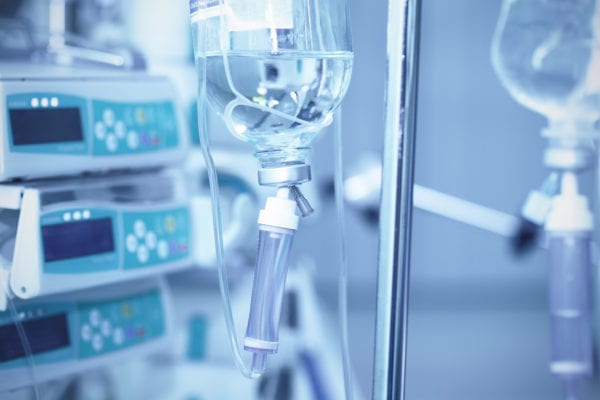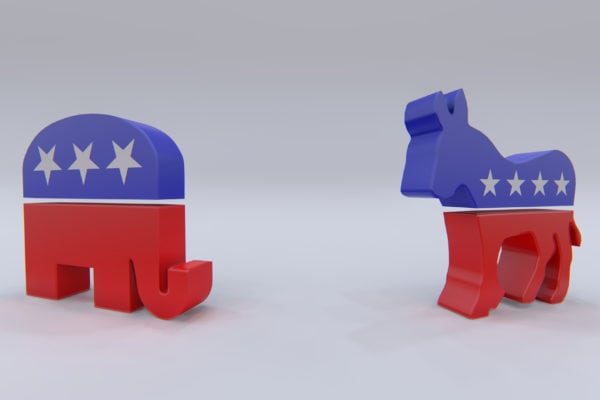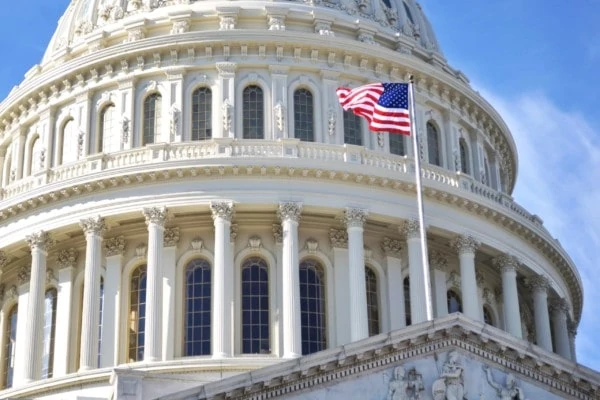The short answer is: “yes, but with some challenges and it won’t be as strong.”
But, please, allow me to go into context. The U.S. Food and Drug Administration, like several federal regulatory bodies, has experienced near immunity and lack of accountability in its dictation over the compliance landscape for many consumer products.
The FDA exemplifies self-empowered influence, continually regulating the pharmaceutical industry so tightly that it has killed new or biosimilar medications before they reach the marketplace, solidifying monopolies on medications. This crony capitalistic practice secures more market share and influence for major industry players, preventing healthy competition in a free market.
Now, with the Trump Administration already making or preparing to make sweeping changes throughout all areas in the executive branch, the FDA may face a major change, as well.
To his credit, President Trump has vowed to slash regulations with his “1 in, 2 out” mandate for all new regulatory guidance created by federal agencies.
In effect, for every one rule created, two old rules must be eliminated. This could lead to a major reduction in the regulatory regime that has engulfed several sectors of the American economy, including the pharmaceutical industry.
Certain rules passed in the lame-duck session to cap off Obama’s sundering FDA. The agency passed 20 rules and guidance regulations to furnish the legacy of the former president.
Several rules like those pertaining to stricter manufacturing practices and updating drug approval applications were directly challenged by the rule. Other rules pertained to the promotion of biosimilar and prescription medications. Many of the final rules were at major risk of getting shelved if not published by Obama's FDA before the transition of power was complete in late January.
According to Real Clear Politics, the new president met with pharma executives to come up with an effort that can, effectively, get down prices for drugs.
“President Trump called for drug companies to get prices down, accelerating the FDA approval process, getting drugs to terminal patients, reducing the price of research and development, getting rid of some regulations,” according to the coverage via the report.
Nevertheless, even the slightest reduction in regulations is a win-win scenario. One major area of concern for many yielded to how the Trump FDA will deal with scandals like the Mylan incident where EpiPen prices rose astronomically.
One possible solution that the administration could employ, especially in an effort to control drug prices and rein in health expenditures for consumers, would be to compel the FDA to focus more on approving biosimilar drugs to compete with original products.
An example of this, as I reported for The Heartland Institute, was when the agency approved a biosimilar for Humira, the world’s bestselling drug.
Dr. Richard Dolinar, a practicing endocrinologist and pharmaceutical industry consultant, said in my report that “[Biosimilars] will bring competing drugs to the market at a lower price than the innovator company is currently charging, and by doing so, more patients will have access to these very expensive lifesaving and life-altering drugs. . . . Competition does not destroy free markets. Only government can destroy free markets.”
Biosimilar drugs are often proven to be effective, according to the National Institutes for Health. In addition, since the biosimilarities of these drugs are closely related to other key drugs that monopolize the specific segment of the market, the drugs are presented with more competition.
With more competition, the larger companies are forced to drop prices and, as we learned in Economics 101 class, let the best product win.
Biosimilar medication approvals, though, are only a handful of options that can promote free markets and a pro-business, market-friendly governmental presence in the industry.
Regardless, one thing that is for certain is that since the election of Donald Trump, publicly traded pharmaceutical and biotech companies have been performing exceptionally well.
This performance is mostly due in part to Trump’s then-little words on pharmaceuticals and making drugs more affordable.
Despite what it is, though, the FDA is ripe for widespread changes. We can see the beginnings of a breakup of the revolving door of the agency and pharmaceutical establishment.
RELATED:
• Marketplace Delivers Cheaper EpiPen Alternative
• Sen. Rand Paul: EpiPen Scandal Exemplifies Crony Capitalism
• Parents Scrambling for EpiPen Access Have Government Intervention to Blame
